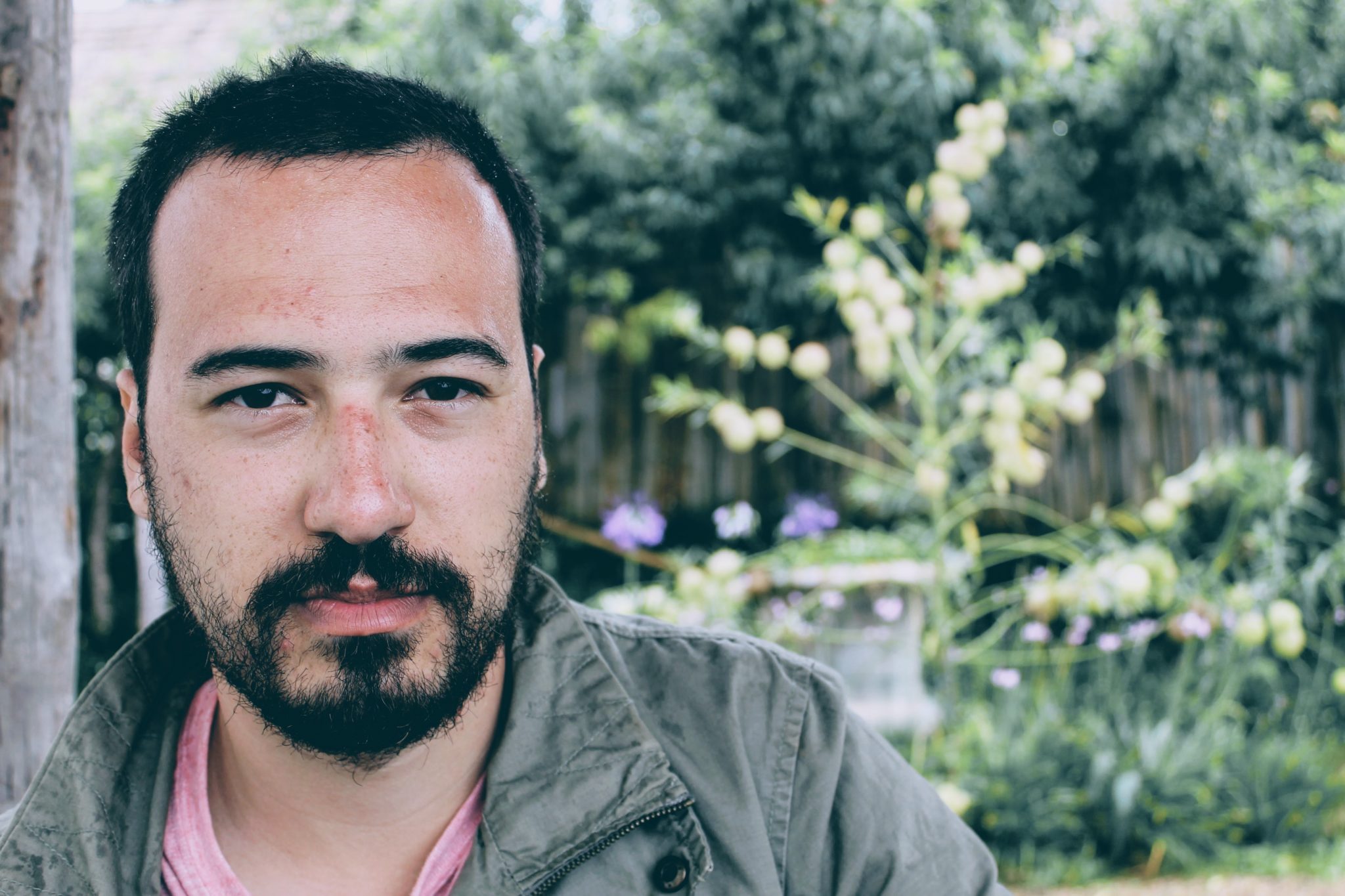There is a tendency among doctors, researchers, and advocates to describe sarcoidosis as a disease that is “not that serious” or “will resolve on its own.” Statements like this can be misleading and harmful; they convey a message that patients will likely go into remission or be able to easily manage the disease. Furthermore, it reinforces the beliefs among many clinicians that it’s appropriate declare a diagnosis of sarcoidosis to be “good news.” This is especially problematic for patients who will go on to suffer from advanced sarcoidosis.
Why have we become complacent with these perceptions that all cases of sarcoidosis will resolve?
Asthma is a perfect example of a disease that is universally perceived as serious. Like sarcoidosis, it has no known cure and severely impacts the lives of patients. Research often centers around reducing and preventing acute exacerbations, which can be likened to flare ups in sarcoidosis. And like sarcoidosis, researchers who appreciate the severity of asthma focus on issues such as the economic burden, missed work days, visits to the emergency room, and hospitalizations. Despite the similar characteristics of these diseases however, the perceptions among clinicians and focus in the research community are vastly different. In asthma, quality of life and acute exacerbations matter universally and millions of research dollars are directed to those issues. A physician would never underemphasize the seriousness of asthma by first stating that it is rarely deadly, nor would they diagnose a patient with asthma and declare it to be “good news.”
FSR is committed to finding a cure for this disease and to improving care for sarcoidosis patients. However, if we continue to ignore the use of messaging that leads patients to complacency and comfort as opposed to empowerment and self-advocacy, we are perpetuating the problem. We refuse to uphold the false beliefs that sarcoidosis is not a serious diagnosis and that the complaints of sarcoidosis patients are unfounded or exaggerated. We will always strive to be part of the solution.
Are you a patient? The survey is still open.
Identifying Messaging Trends
To identify and quantify trends in the messages physicians convey to patients, FSR launched a survey to gather patient feedback. We sought to learn:
- the messages doctors shared with patients when they were diagnosed
- if messages patients received helped prepare them to live with sarcoidosis
- how survey respondents would describe sarcoidosis to a newly diagnosed patient
Early survey results demonstrate that the messages patients receive when they are diagnosed with sarcoidosis vary widely and that they are often at odds with today’s research.
“My doctor told me, ‘just be glad you don’t have lymphoma.'”
“I wasn’t given much information at all – just that having sarcoidosis was much better than having cancer.”
“I was told this would be easy to manage and that it would probably go away on its own in a year or so…its been 14 years.”
“I wasn’t told the inflammation would be so debilitating for so long. My quality of life absolutely changed.”

%
believe the description of sarcoidosis they received when diagnosed hasn't been true to their experience.
%
were not told that sarcoidosis could cause other problems.


%
of respondents were told by a physician that sarcoidosis is a disease that would go away.
%
of patients were not told sarcoidosis could affect their quality of life.

These survey results have only heightened our concerns that physicians are not conveying the potential seriousness of this diagnosis. Patients are being led to believe that their disease will go into remission and that they won’t require ongoing monitoring or treatment. This is especially problematic for up to a third of sarcoidosis patients who will require long-term therapy. For the 5-10% of diagnosed patients who will suffer from advanced sarcoidosis, not conveying the potential seriousness of the diagnosis could be hugely detrimental to patient outcomes as patients are less likely to advocate for and/or follow through with monitoring and treatment recommendations.
What is advanced sarcoidosis?
Patients suffering from advanced disease include those with chronic disease (active disease for more than 2-5 years) who:
- have worsening disease despite therapy (usually more than 10 mg corticosteroids and other therapies)
- still required therapy or increased therapy in the past year whether they experienced symptoms or not.
While several treatments have been proposed for these individuals, including treatment recommendations based on involved organs, the evidence available to guide doctors in their treatment decisions are limited. As a result, physicians try to balance the need for various therapies with side effects and danger of disease progression. Beyond symptoms related to inflammation in affected organs, advanced patients also often contend with fatigue, pain, cognitive failure, small fiber neuropathy, exercise limitation, depression, and comorbidities (e.g. diabetes, high blood pressure, etc.) which often result as side effects from available therapies.
This group highlights the one of the greatest needs in sarcoidosis research; more studies aimed at defining effective treatment strategies for patients with progressive disease and/or those with extra-pulmonary involvement.
Shifting the Conversation and Improving Care
Guided by feedback from the survey, FSR will proactively promote consistency in the messages patients receive about sarcoidosis from the time they are diagnosed by:
- Developing new education materials specific to newly diagnosed patients which hit upon the priority messages survey respondents identify. By equipping physicians with these materials for free through broad, grassroots outreach tactics, we can ensure more consistency in the messages patients receive from the time they are diagnosed.
- With the help of our partners and world experts, developing and distributing tools with which community physicians can quickly identify patients who will require long-term therapy and guide them to multi-disciplinary care centers.
- Actively pursuing opportunities to educate young clinicians and medical students on the potential seriousness of sarcoidosis so we’re not only reframing the conversations physicians are having with patients now, but ensuring that future clinicians don’t convey the same inaccurate and/or misleading messages.
Through these tactics, our wish is that patients who suffer from advanced sarcoidosis will feel heard, cared for, and represented in messaging and that as a whole, sarcoidosis will be taken more seriously in the clinical setting. If we succeed in forcing all stakeholders to look at sarcoidosis through a new lens and improve the appreciation for the potential seriousness of sarcoidosis, we believe we’ll see the same focus and energy as diseases such as asthma. And with renewed focus on sarcoidosis, we will also see new energy in advocacy efforts, willingness to invest in the space, and ultimately, renewed hope for a cure.
The generous contributions of donors are critical in helping us to drive these initiatives and ultimately achieve our mission. Please consider making a year-end, tax-deductible donation today to support our work.
